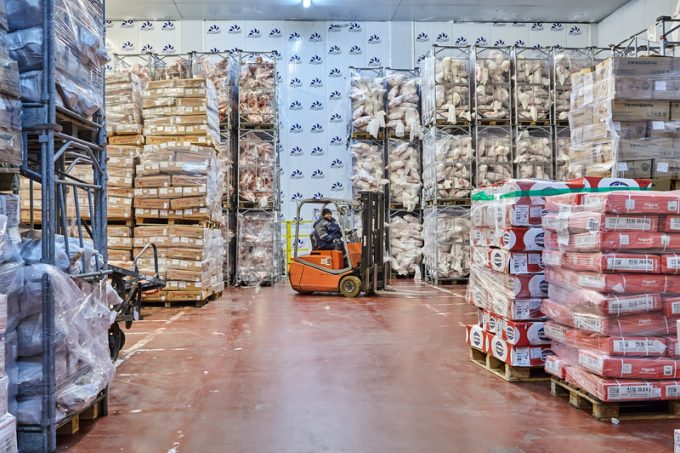Whack, whack whack: it's my winter almanac
Goodbye 2022 … uh oh, here comes 2023

Global cool chains are poised to get faster and shorter as e-commerce rapidly comes to the fore in the Covid-19 era.
A survey published by the Global Cold Chain Alliance (GCCA) finds the pandemic has turbo-charged online sales and direct deliveries to consumers of chilled or ...

Comment on this article